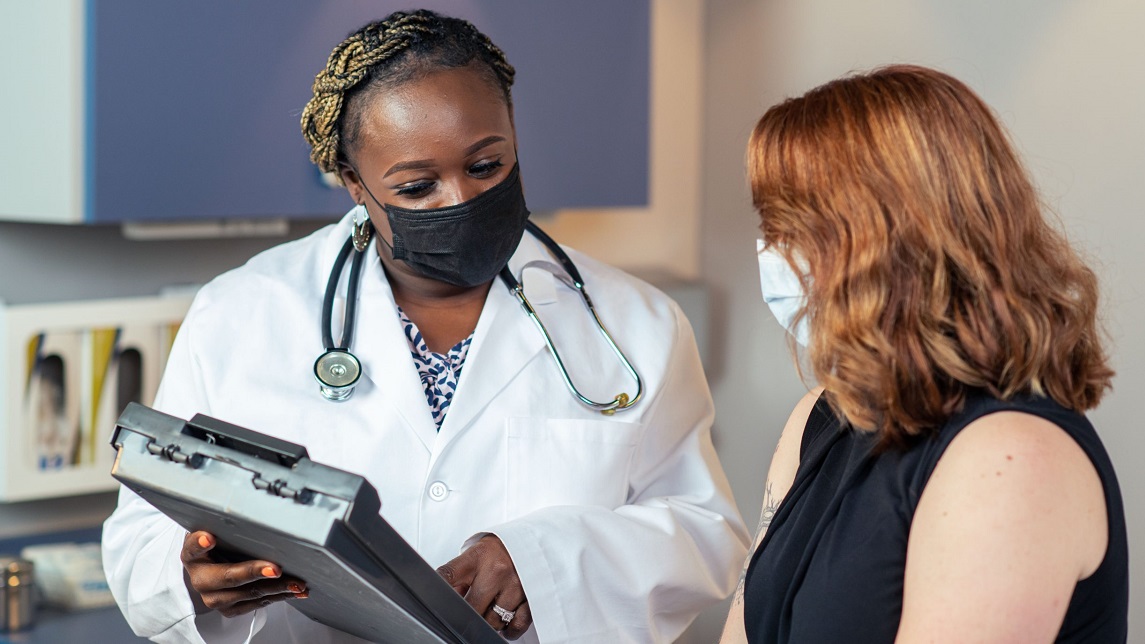At a glance
Find out if what you are experiencing may be depression. Depression is treatable. Learn about seeking treatment for yourself or a loved one.
Recognizing depression in yourself
What to do in a crisis
If you or someone you know is in crisis, tell someone who can help immediately. In crises, call 911, call or text 988, or call or text 1-833-TLC-MAMA.
Call or text 988, or chat at 988lifeline.org to reach the Suicide and Crisis Hotline.
Call or text 1-833-TLC-MAMA (1-833-852-6262) to reach the National Maternal Mental Health Hotline.
Don't be alone. Don't leave another person alone if she or he is in crisis.
The following questions may help you determine if you are experiencing depression.
During the past 2 weeks, how often have you been bothered by any of the problems listed below?
Little interest or pleasure in doing things?
Not at all. Several days. More than half the days. Nearly every day.
Feeling down, depressed, or hopeless?
Not at all. Several days. More than half the days. Nearly every day.
If you answered "more than half the days" or "nearly every day" to either question, you may be depressed. Seek help from your health care provider. Your provider can help figure out whether you have depression. He or she can also help find the best treatment for you. Depression can be treated with counseling, medications, or both.
Talking to your health care provider
If you think you may be depressed, the first step to seeking treatment is to talk to your health care provider. Remember that depression is not your fault. By asking for support, you are helping yourself and your family.

Ways to begin the conversation include "I read this information, and it sounds like how I feel. Can you help me find out if I have depression?" "I don't feel like myself. Could it be depression?"
In response, your health care provider should:
- Ask several more questions about how you are feeling and acting.
- Talk with you about treatment options.
- Provide the name and number of a mental health specialist.
You can also visit CDC's resources to find help in your area. After your visit, make sure to follow up on all referrals and treatment that your health care provider suggests.
Medications
When discussing medications with your provider, let him or her know if you are pregnant, thinking about becoming pregnant, or breastfeeding. You and your provider can decide if taking medications while pregnant or breastfeeding is right for you. Visit Medications and Pregnancy for more information.
Helping loved ones with depression
To support someone who has depression, help her get the appropriate diagnosis and treatment. You may need to make an appointment and go with her to see her health care provider. If someone you know has depression, see How Can I Help a Loved One Who Is Depressed? For information about helping a loved one in crisis, see the National Suicide Prevention Lifeline's Help for Someone Else.
Also, remember that if you know someone who is depressed, it may affect you too. It is important to take care of yourself as well. For additional resources on depression or postpartum depression, see Resources.
